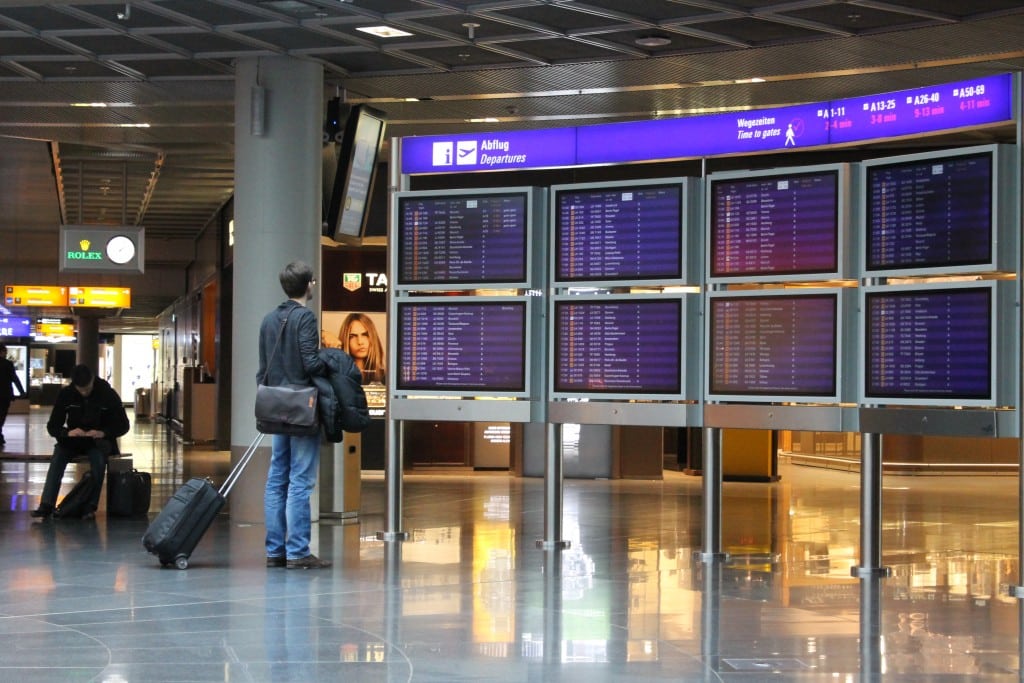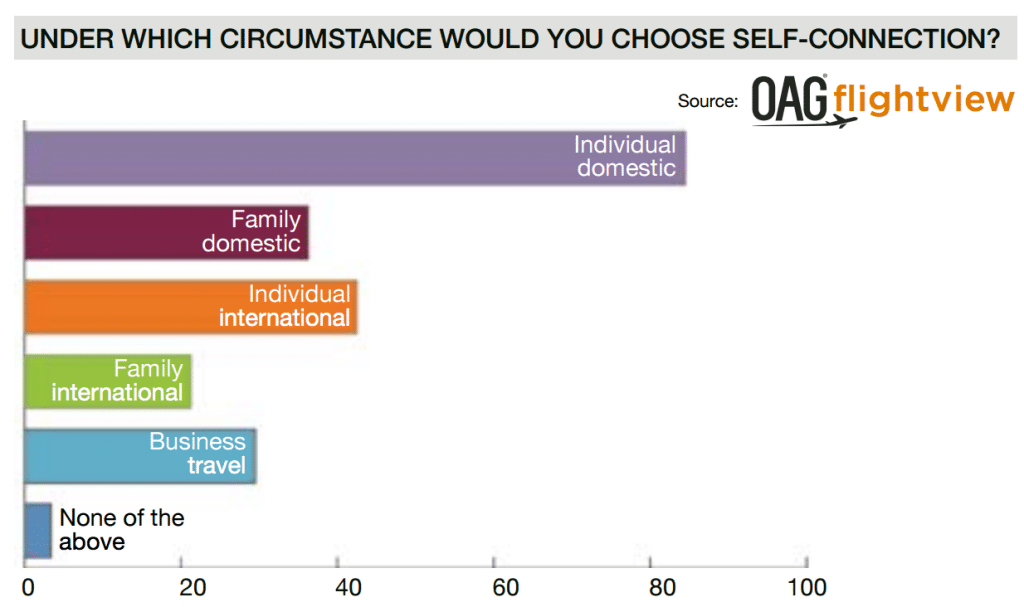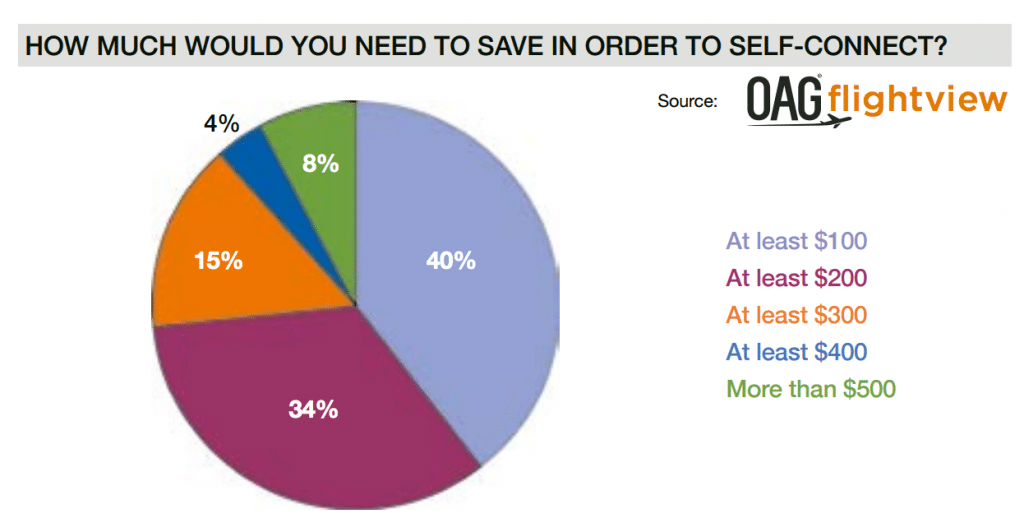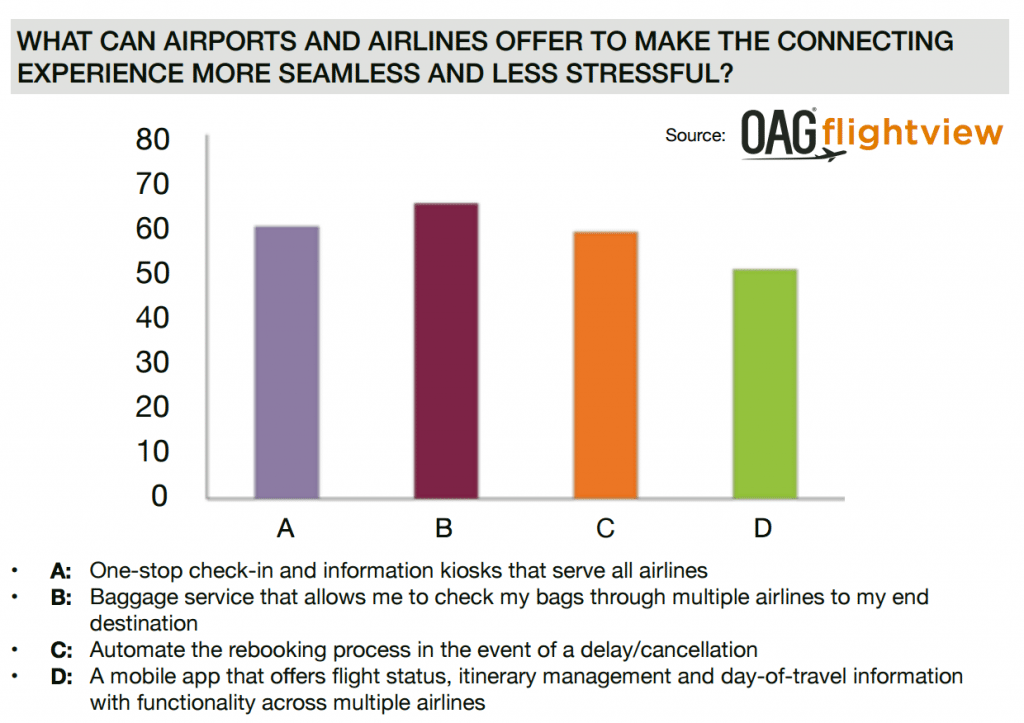Skift Take
Legacy carriers are up against rising competition from low-cost carriers. At the same time, American, Delta and United talk about making the travel journey more connected but they're forcing budget sensitive travelers in the opposite direction of that with new pricing structures.
Fresh off American, Delta and United changing pricing structures last week for multi-city fares–making it more expensive for travelers to book trips with multiple cities–travelers making multi-city trips could face airfares six or seven times more expensive than before the changes. Leisure travelers are more willing than business travelers to book multiple one-way legs to hack these changes and save money, according to a survey.
The three legacy U.S. carriers made changes to compete with low-cost carriers in certain markets like Spirit Airlines. American, Delta and United stopped allowing individual nonrefundable tickets to be combined and now only offer fully refundable tickets when combining one-way legs, which are often several times more expensive than the non-refundable tickets many travelers have booked for years.
A survey, conducted by U.K.-based airline data firm OAG, found that fewer than 30 percent of respondents would book multiple one-way legs for business trips, which OAG termed “self-connecting.” The 3,000 respondents were from the U.S. and 66 percent were leisure travelers and 34% identified as business travelers. OAG surveyed respondents through its FlightView mobile app which has about three million active users around the world.
In contrast, travelers are more akin to self-connect for leisure travel and nearly 90 percent of respondents said they’d self-connect for individual, domestic leisure travel. Some 92 percent overall said they’re willing to book multiple, individual legs if it saves them money and gets them to their destination on-time. About 40 percent of respondents said they’ve booked individual legs on multi-city trips in the past.
“The surprise is just how many people are willing to consider self-connecting but have yet to actually try the concept–more than 90 percent,” OAG told Skift. “This is a very high percentage, but also reflects the regular need to connect within the United States to reach your final destination as the U.S. accounts for a large proportion of the world’s megahub airports. All of which means that for airports and their service providers, the potential exists for increased opportunities with well-crafted products and services that meet [the needs of business travelers].”
Business travelers and corporate travel managers are most concerned about mishandled or lost baggage and missed connections with self-connecting. The Global Business Travel Association (GBTA) said many of its members expressed frustration that carriers changed fare structures “without any advanced communication to corporate travel managers.”
“This represents a major faring change requiring transparency throughout the buyer community,” GBTA said in a statement. “While recent airline statements indicate that these changes were the result of unintended consequences of new combinable fare restrictions, we will now survey our members to verify that the issue has been resolved to their satisfaction. Both business travelers and travel buyers should have access to clear information across the spectrum as to how prices are determined, how to deal with delays, cancellation policies and how to lodge complaints.”
The charts below show how much money travelers want to save if they self-connect and what airline processes should be smoother for them to travel this way.
Chart 1: Travelers are more willing to self-connect for domestic, leisure trips than international or business trips.
Chart 2: Some 40% of respondents said they’d need to save at least $100 for them to consider self-connecting.
Chart 3: Better bag services that allow travelers to check bags through multiple airlines to their end destinations would help make the self-connecting experience easier.
Source: OAG
The Daily Newsletter
Our daily coverage of the global travel industry. Written by editors and analysts from across Skift’s brands.
Have a confidential tip for Skift? Get in touch
Tags: business travel, gbta, oag, skiftstats
Photo credit: A business traveler checks a departure board for a connecting flight in Frankfurt Airport. Dan Peltier / Skift



